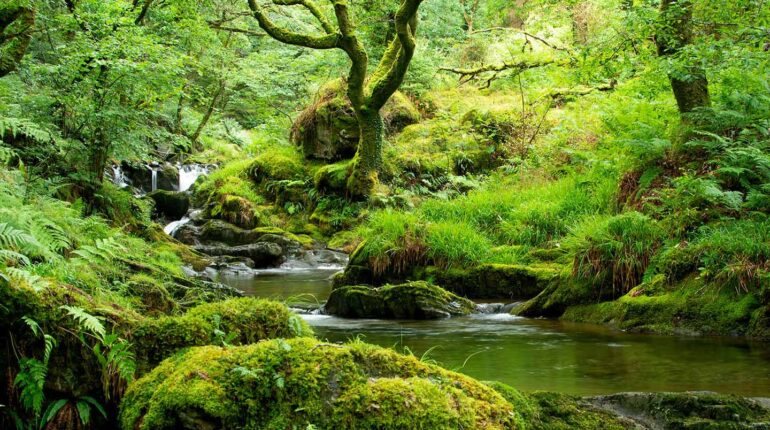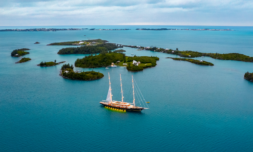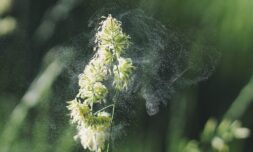Time for a rainforest revival
If you thought that rainforests were exclusive to exotic, tropical, and faraway lands – think again.
Centuries ago, one-fifth of the UK’s Atlantic coastline was completely covered by lush, woody rainforests. These temperate environments created the perfect cocktail for an abundance of wild plant and animal life.
Unfortunately, much of these rainforests have been cleared to make room for homes and manicured gardens to go with them. Over time, human intervention contributed to Britain losing some of its most vital carbon sinks.
To rectify this, organisations are banding together to bring these landscapes back to life. One of the most prominent is Wildlife Trusts, which has announced a 100-year initiative to conserve and expand what’s left of Britain’s temperate rainforests.
Prince William might even be convinced to jump in and do the same, after activists recently petitioned for him to rewild his inherited property. The land passed down to him after the death of Queen Elizabeth II is categorised as one of these rainforest hotspots.
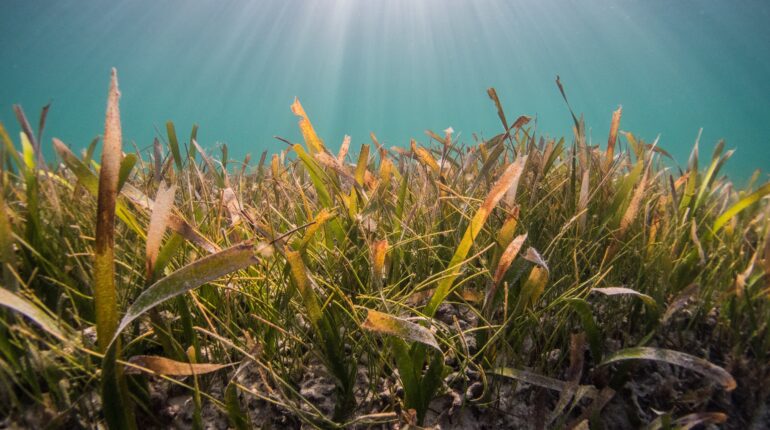
Project Seagrass
Those first glimpses of green grass are sure to ignite feelings of happiness in anyone after a grey British winter. But some of the most important grass around is hidden, located in the shallowest parts of the sea.
Seagrass has an incredible capacity for absorbing carbon dioxide, but the UK has lost 90 percent of its species over the last century, due to bottom trawling, coastal degradation, and pollution.
Project Seagrass has taken huge steps to change that by planting 1 million seagrass seeds along the Welsh coastline of Pembrokeshire in 2020. Having already covered 2 hectares of the seafloor, the work of the organisation continues further.
It is now focusing on seaside towns in England, in an effort that will take around four years to complete. Eight hectares of seagrass meadows will be planted in two other locations – with four taking root in the Plymouth Sound and the other four located in the Solent Maritime Special Area of Conservation.
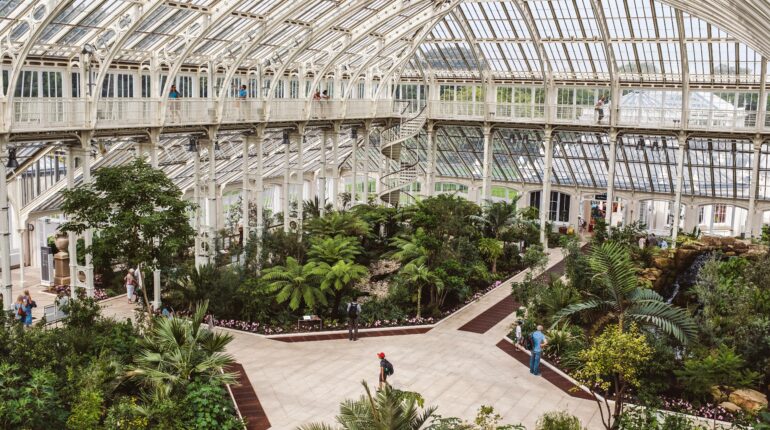
Kew Garden’s ‘Grow Wild’ community
The word ‘London’ typically evokes imagery of massive concrete skyscrapers and a maze of underground public transportation before anyone imagines a city bursting with greenery.
That is, until Kew Gardens – one of London’s most magnificent green spaces – decided to launch its Grow Wild project. The organisation’s key goal is to unite city dwellers together as a community through learning to care for and foster nature.
By joining Grow Wild, Londoners can take part in planting wildflowers, growing green plants, and experimenting with various fungi to revive a sense of nature in the capital. The best part? You don’t have to pay for anything to get involved.
Don’t hear that in the capital very often, do ya?
Anyone can visit Kew Gardens to pick up free wildflower seeds and at-home mushroom growing kits. They also offer a selection of educational resources for those looking to improve their knowledge about plant species and botany as a whole.
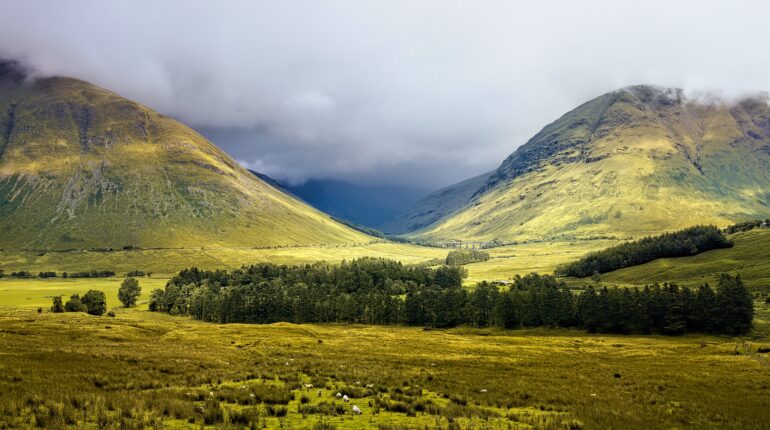
Trees for Life
The Scottish Highlands is a beautiful place, but the area has been exploited for centuries, specifically for raising animal agriculture. Time has shown that the overgrazing of sheep, cattle, and deer grazing has led to severe land degradation.
Hoping to rectify the situation, volunteers from the organisation Trees For Life have embarked on a 30-year project to rewild the space. The plan involves planting two million native trees across 200,000 hectares of land.
With 1 million trees already planted, the group hopes that transforming the Scottish Highlands back to their original state will encourage the resurgence of wild animals such as red squirrels, sawflies, pine martens, and ospreys.
It is by far the biggest and most ambitious project in the UK, one that will not only raise the country’s ecology but also help the local economy through tourism.
Let’s hope we can deliver positive updates about these projects in the future – and major props to everyone getting involved!
